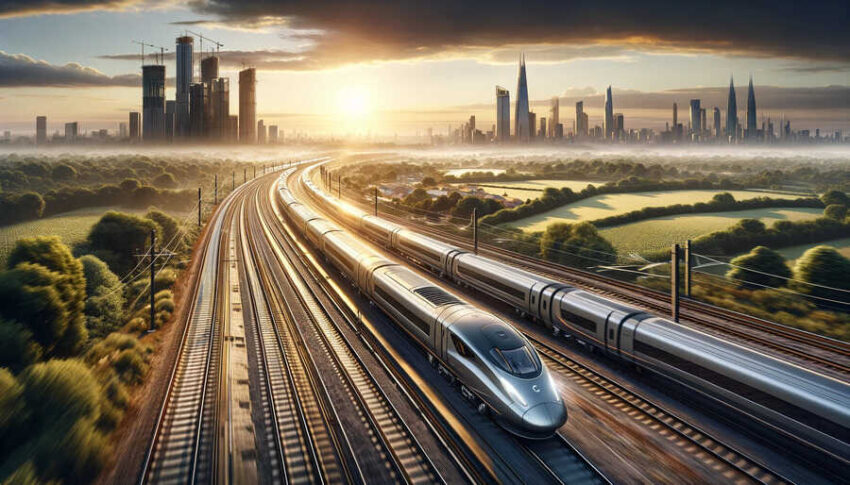Monday, March 4, 2024

The addition of the “Australia Elevators and Escalators Market – Size & Growth Forecast 2024-2029” report to our offerings is announced.
In 2023, the Australia elevator and escalator market witnessed 4.9 thousand units installed for new installations, with an anticipated Compound Annual Growth Rate (CAGR) of 5.3% from 2023 to 2029.
The strategic plan “Directions 2031” sets forth a vision for the future development of the metropolitan Perth and Peel region, emphasizing the necessity for an urban expansion management program.
The Deputy Mayor of Melbourne underscores the urgency of decarbonizing approximately 80 commercial buildings annually to meet climate targets. There is a growing advocacy for eco-friendly building materials, particularly timber, with the Green Building Council of Australia reporting an increase in projects achieving 5-star and 6-star Green Star ratings, indicating a heightened focus on sustainability.
The establishment of Building 4.0 CRC by the Australian government in 2020 is geared towards propelling the construction industry towards an efficient, connected, and customer-centric future through deep collaboration and emerging fourth industrial-age technology.
A commitment of USD 5 billion by the Federal Government towards Melbourne’s Airport Rail Link is set to connect Melbourne Airport in Tullamarine to the Central Business District via Sunshine. These infrastructural developments, alongside the growing demand for urban transportation, are anticipated to drive the construction and renovation of metro rails and airports across the nation, consequently supporting the growth of the Australia elevator and escalator market.
The concept of the ’30-minute city’ addresses the connectivity needs of urban areas, aiming to alleviate the strain on congested transportation networks, which currently incur costs of about USD 16.5 billion annually, projected to rise to over USD 27.7 billion by 2030.
The Australian government’s establishment of a USD 1 billion Clean Energy Innovation Fund, along with initiatives such as the National Energy Productivity Plan, underscores efforts to enhance ecological sustainability and resilience, particularly through measures like the National Australian Built Environment Rating System (NABERS) and Minimum Energy Performance Standards (MEPS).
Urbanization and migration continue to be pivotal factors for urban development, expected to drive demand for infrastructure development in residential and commercial spaces, consequently fostering growth in the Australian elevator and escalator market.
Dexus and Frasers Property Australia’s collaboration on a USD 2.5 billion twin-tower commercial space in Sydney’s Tech Central, along with other approved developments such as the USD 1 billion office tower and build-to-rent apartments in Melbourne’s North bank, further contribute to the growth trajectory.
The Permanent Migration Program is positioned as a strategy to address challenges associated with an aging population, expected to positively impact the elevator and escalator market by driving demand for infrastructure development.
Initiatives like the Upward Trajectory for Low Energy Buildings Initiative and the Trajectory for Energy Buildings are set to boost demand for energy-efficient elevators in residential and commercial buildings across Australia.
The aging of escalators, particularly in rail transit, necessitates maintenance, thereby driving demand for elevator maintenance services in Australia.
The long-term growth potential in Australia’s modernization industry is driven by the integration of emerging technologies like artificial intelligence and cybersecurity, supporting SME digitization efforts.
Market Segmentation:
Key Players:
Key players in the Australia elevator and escalator market include KONE, Otis, Hyundai Elevator, TK Elevator, Mitsubishi Electric, Hitachi, and Schindler. The top four vendors, comprising KONE, Otis, Schindler, and TKE, hold 58% of the market share.
Schindler’s recognition as a silver partner in the NSW Sustainability Advantage Program underscores its commitment to environmental performance and improvement. Other prominent vendors in the market include Toshiba Elevator and Building Systems Corporation, Kleemann, Wittur, Stannah Lifts Holdings Ltd, and several others.
Tags: Australia, elevators, escalators, forecast, market growth, Rail Transit
Sunday, April 28, 2024
Sunday, April 28, 2024
Sunday, April 28, 2024